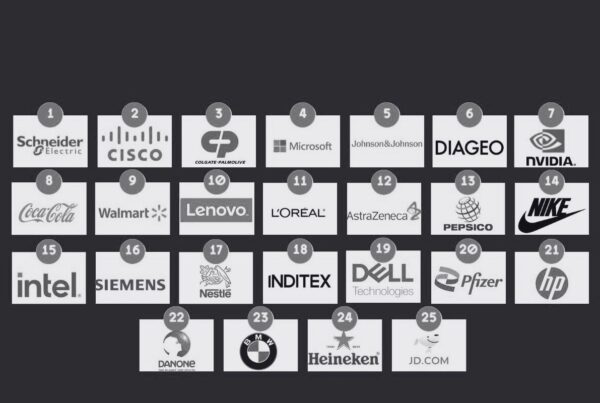The worldwide supply chain is undergoing a period of unprecedented transformation. To fulfil the huge multitude of responsibilities and tasks associated with today’s increasingly complex supply chains, industry professionals need more than just hard-hitting analytical skills.
They must also be adept communicators, making connections vertically within the organization and horizontally with supply chain partners. They must be able to keep up with technological advances in the logistics space. And in this globalized economy, they must be prepared to navigate social, cultural, and geographic differences with ease.
Between 2010 and 2020, the number of available jobs in the supply chain industry at large will grow by 26% — growth that can largely be attributed to this shifting landscape.
Consequently, while the demands on the profession have never been higher, companies in the supply chain industry are experiencing a talent shortage. Currently, the demand to-supply ratio of jobs to qualified individuals is six to one, and that disparity will only grow as Baby Boomers reach the end of their careers. Currently, about 25-33% of supply chain professionals are at or around retirement age.
“Supply chain managers are retiring faster than they can be replaced,” says Christiane Beimel, the Vice President of Value Added Service for DHL-Germany. “There simply aren’t enough young people to backfill the pipeline.”
Recruiters can take two distinct approaches to mitigate the impending skills gap: retrain supply chain experts to adapt to these changing conditions, or invest in younger, less experienced hires who are more savvy to the realities of an increasingly global, digitized world.
If a company needs to meet basic technical needs in the short-term, they should hire old hats. But to prepare for the future, companies must focus their recruitment efforts on Millennials, the next generation of supply chain talent.
Millennials, the moniker applied to anyone born between 1980 and 2000, will take the helm as organizations all along the supply chain integrate big data, artificial intelligence, and automation into their operations and processes. While training and outreach are both important ways to address the supply chain skills gap, a broader approach is needed to effectively recruit members of the Millennial generation. However, the real challenge lies in making a job in the supply chain attractive to this key incoming demographic.
Gartner recommends the following to supply chain leaders:
- Mitigate the risk for loss of knowledge, connections and expertise when Boomers leave the organization by implementing a succession plan to capture tacit knowledge and expertise and maintain connections built up throughout a career.
- Encourage millennials and Generation Z to choose a career in the logistics industry. Strive to understand the issues and employer value actions that matter to them, with sustainability, diversity and autonomy scoring highly on the list of key criteria.
- Equip your current and future talent pools with the skills required to navigate the disruption that logistics technology game-changers, such as IoT, automation and AI, will bring by understanding their level of logistics technology knowledge and upskilling where required.
Bastian Consulting is a boutique search practise that concentrates on sourcing leaders that deliver change across the Asia Pacific, we have the expertise to source leaders that can transform your business and thrive in times of rapid change.
To know more, you can reach out to me on +61 (0) 409 090 434 or tony@bconsult.io.





